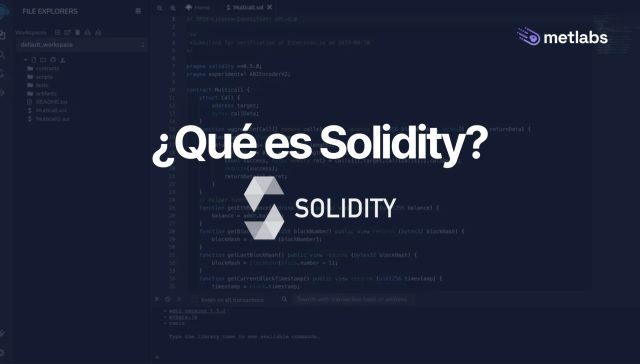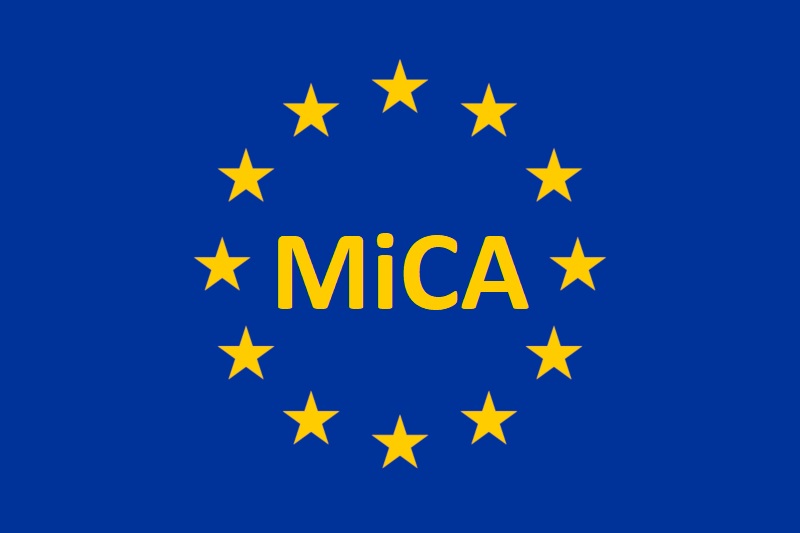
Advisory Services MiCA Regulation
Specialized advice to ensure compliance with the MiCA (Markets in Crypto-Assets) Regulation, allowing your blockchain projects to operate within the European regulatory framework.
Tell us about your project
Blockchain Regulation under MiCA: Everything You Need to Know
Key aspects of MiCA compliance
Classification of cryptoassets:
Identify whether the tokens are asset referenced assets, e-money tokens or utility tokens, and comply with the applicable requirements for each category.Approval of whitepapers:
Token issuers must prepare a whitepaper in accordance with MiCA guidelines and submit it for review to the competent authorities.Registration of service providers (CASPs):
Platforms offering custody, trading or issuance of cryptoassets must register as Cryptoasset Service Providers with the national regulatory body.AML/KYC compliance:
Implementation of rigorous customer verification procedures, aligned with European regulations for the prevention of money laundering.

The MiCA Regulation establishes the regulatory framework for cryptoassets in Europe, covering essential aspects such as the issuance, custody and trading of digital tokens. From 2025, any blockchain project will have to comply with these regulations to operate legally in the European Economic Area.
MiCA Regulatory Legal Services
Analysis and classification of tokens
Identification of the type of cryptoasset according to MiCA (ARTs, EMTs or unregulated tokens) and design of the appropriate legal framework for its issuance and commercialization.
Preparation of regulated whitepapers
Advice on the creation of technical and legal documentation to comply with regulatory requirements, ensuring its approval by the competent bodies.
Registration and licensing of CASPs
Comprehensive management of registration as a Cryptoasset Service Provider, including advice on the implementation of technical and compliance solutions.
AML/KYC compliance
Development of internal policies and technological tools for user identification, transaction monitoring and reporting to authorities.
Management of secondary markets
Advice on compliance with the regulations applicable to token trading platforms, ensuring the transparency and security of operations.

What is MiCA and why is it relevant?
MiCA (Markets in Crypto-Assets) is a European Union regulation that regulates the crypto ecosystem, providing a single regulatory framework for all Member States. Its main objective is to ensure investor protection, market integrity and responsible innovation in the blockchain arena.
Main advantages of MiCA compliance
- Access to a single market: Operate in all EU countries with a single registration.
- Trust and transparency: Complying with regulatory standards generates confidence among investors and users.
- Mitigation of legal risks: Avoiding sanctions for non-compliance with European regulations.
Main functions of the ERIR
Ensuring the integrity of emissions
ERIR is responsible for ensuring that tokenized securities records are accurate, immutable and aligned with applicable regulations. This includes overseeing that there are no undue alterations to the record chain and that all transactions comply with established legal and technical standards.
Registering and identifying the holders of the securities
Corporate event management
ERIR also manages events related to tokenized securities, such as dividend payments, rights issues, stock splits or any other event affecting the financial instruments. This role ensures that market participants receive the corresponding compensation or rights in an efficient and compliant manner.
Frequently Asked Questions about MiCA and Blockchain
MiCA regulates three main categories: asset referenced tokens (ARTs), electronic money tokens (EMTs) and utility tokens. Each has specific requirements depending on their nature and function in the market.
Yes, any cryptoasset service provider (CASP) operating in Europe must register and comply with regulatory standards, including transparency, security and risk management.
The whitepaper regulated under MiCA must include detailed technical, financial and risk information, and must be approved by the competent authorities prior to the issuance of the token.
MiCA requires trading platforms to comply with transparency and risk management regulations, similar to those applicable to traditional financial markets.
Failure to comply with MiCA can result in penalties, fines and the inability to operate legally in the European Economic Area. It is essential to ensure compliance from the earliest stages of the project.
Latest publications on blockchain technology

How much does a Blockchain developer earn in 2024?




